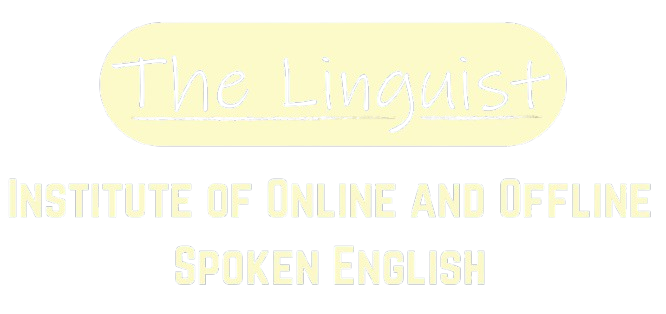How to use Affect and Effect
- Affect is a verb. It means to have an effect on anything.
- Effect is a noun. It means a change that occurred.
Affect
- Affect can also be used as a verb. Use it when trying to describe influencing someone or something rather than causing it.
- Example: How does this medicine affect the patient?
- Example: Heavy rainfall will affect the Mumbai locals.
Effect
- If you are talking about a result, then use the word “effect” as a noun.
- Example: The effect of IPL was very bad on youngsters.
- We can use these words after EFFECT: “into”, “on”, “take”, “the”, “any”, “an” as well as “or.”
- Example: The medicines had an effect on the patient’s illness.
- Example: In analyzing a situation, it is important to take the concepts of cause and effect into consideration.
- If you want to describe something that was caused or brought about, the right word to use is effect; but, as shown in this example, it would be a verb.
- Example: The new manager effected some positive changes in the office. (This means that the new manager caused some positive changes to take place in the office.)
Examples of Affect
- Early rainfall in Nagpur can affect the grape crops negatively.
- The boss’s behaviour affected all the workers.
- Srilanka was affected by severe flooding last summer.
- Your opinions do not affect my decision to move.
- Smoking tobacco can badly affect your lungs and blood flow.
Examples of Effect
- Transportation costs have a direct effect on the cost of goods.
- The effect of the medicine on her illness was surprisingly fast.
- The new law against messaging while driving will go into effect tomorrow.
- How fast you drive will have an effect on your gas mileage.
- A dark color of paint will have the effect of making the room look smaller.
- One of the side effects of this particular drug is blurred vision.
